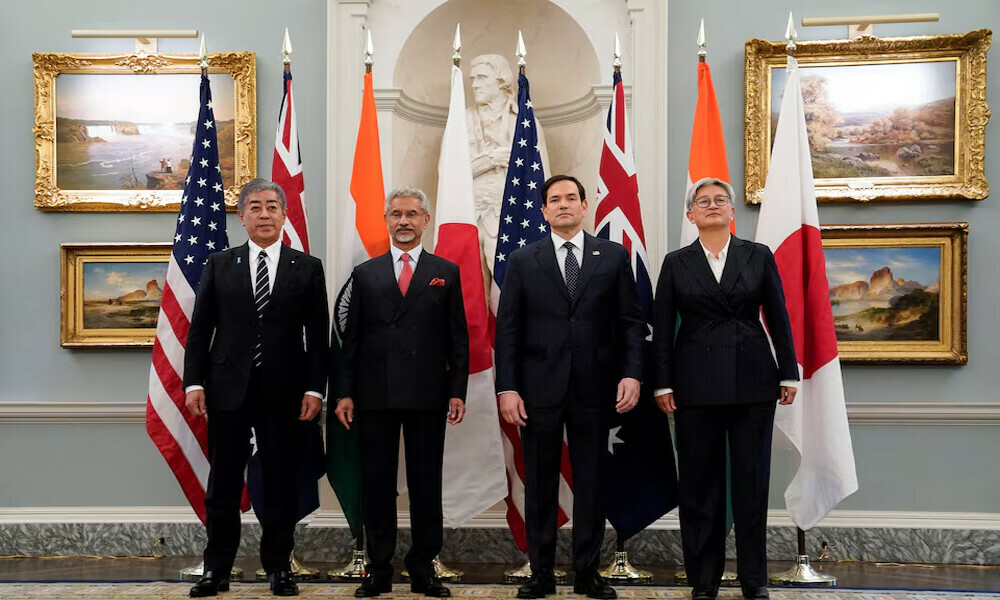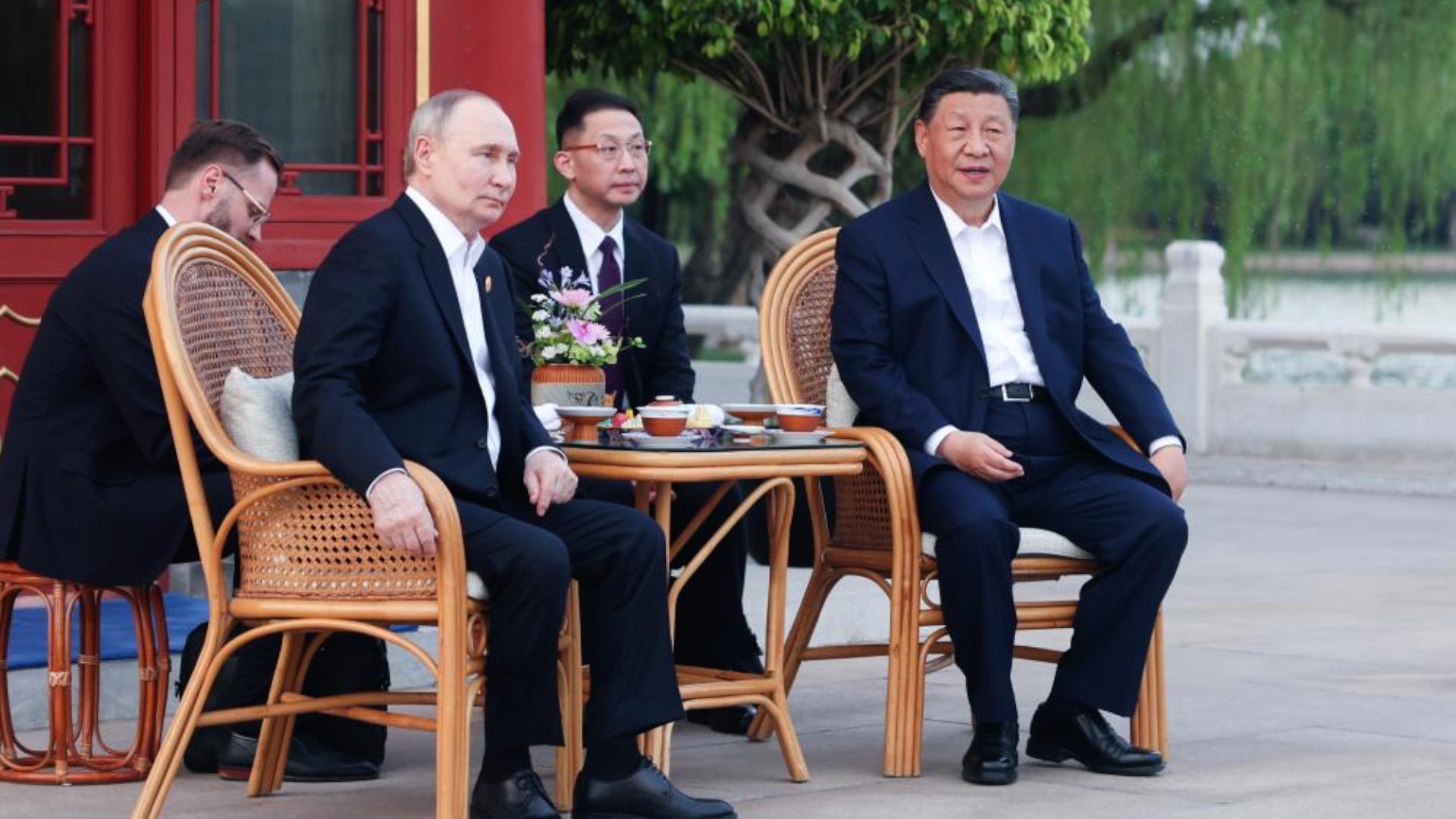
Sajjad Ashraf, Former Adjunct Professor, National University of Singapore
Feb 27, 2025
The Quad has evolved into a coalition with increasing military cooperation and shared concerns over China’s rising power, though India’s reluctance to fully engage in a military alliance limits the group's effectiveness in countering China's influence in the Asia-Pacific.

Chen Jimin, Guest Researcher, Center for Peace and Development Studies, China Association for International Friendly Contact
Feb 21, 2025
It may be dangerous to be America’s enemy, but to be America’s friend may be fatal. For both, reassessing the conventional perception of U.S. diplomacy to explore the inner logic of Trump 2.0 foreign policy is a thorny task under the unpredictable new president.
Richard Javad Heydarian, Professorial Chairholder in Geopolitics, Polytechnic University of the Philippines
Feb 14, 2025
The latest moves by Trump’s administration are a sharp pivot into new, seemingly accommodating foreign policy. Would less U.S. presence around the world embolden China to make aggressive moves into contested spaces?
Zhang Yun, Professor, School of International Relations, Nanjing University
Dec 24, 2024
The election of Donald Trump to a second term signals that the United States will temporarily step back from the next wave of globalization. As a consequence, Japan’s future security will lie in its deep integration into the processes of globalization and regional integration. This raises an opportunity for improving China-Japan relations.

Han Lu, Deputy Director of Department for European-Central Asian Studies, China Institute of International Studies
May 27, 2024
China and Russia have grown closer, but not just because they want to support one another in the face of Western pressure. Their relations have a long-standing momentum of their own. Guided by their heads of state, the comprehensive strategic partnership will only grow stronger.

Brian Wong, Assistant Professor in Philosophy and Fellow at Centre on Contemporary China and the World, HKU and Rhodes Scholar
May 07, 2024
There is an urgent need for China and India to prioritize dialogue, establish baseline agreements, and avoid inflammatory rhetoric to prevent further deterioration in bilateral relations.
Lucio Blanco Pitlo III, President of Philippine Association for Chinese Studies, and Research Fellow at Asia-Pacific Pathways to Progress Foundation
Apr 05, 2024
Confrontations over the South China Sea are startling events that bring up the potential for heated conflict, but disagreements in troubled waters have ripple effects that lead to economic problems as well.
Richard Javad Heydarian, Professorial Chairholder in Geopolitics, Polytechnic University of the Philippines
Feb 21, 2024
China-Vietnam relations saw a strategic shift after President Xi Jinping's significant visit to Hanoi, resulting in 36 cooperation agreements. Vietnam's approach balances economic development, military modernization, and diplomatic ties with the U.S., Japan, and the EU, emphasizing managing relations with China from a position of strength for long-term stability and development.
James H. Nolt, Adjunct Professor at New York University
Aug 18, 2023
China’s recent update to its foreign policy guidelines will be a major turning point in the ongoing tug-of-war between East and West for global trade hegemony.
Richard Javad Heydarian, Professorial Chairholder in Geopolitics, Polytechnic University of the Philippines
Jul 21, 2023
Renewed talks between the U.S. and China have led to a flurry of speculation on what the near future holds, but perhaps no one is watching as closely as China’s neighbors who would prefer de-escalated tensions sooner than later, especially if it means avoiding crossfire between the two rivals.
Back to Top

- China-US Focus builds trust and understanding between the U.S. and China through open dialogue among thought leaders.
- Our Offerings
- Topics
- Videos
- Podcasts
- Columnists
- Research Reports
- Focus Digest
- Stay Connected
-
Thanks for signing up!
- Get the latest stories from China-US Focus weekly.